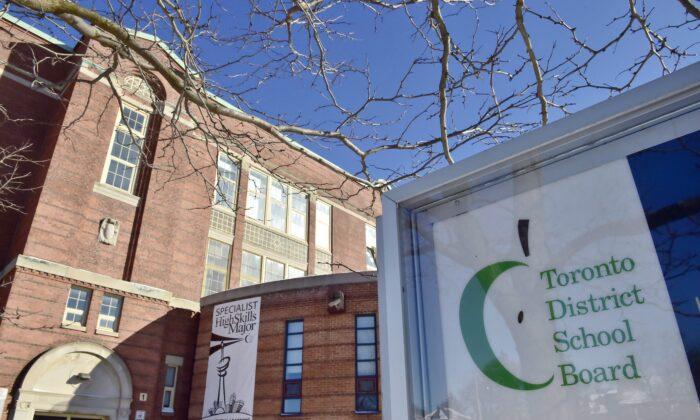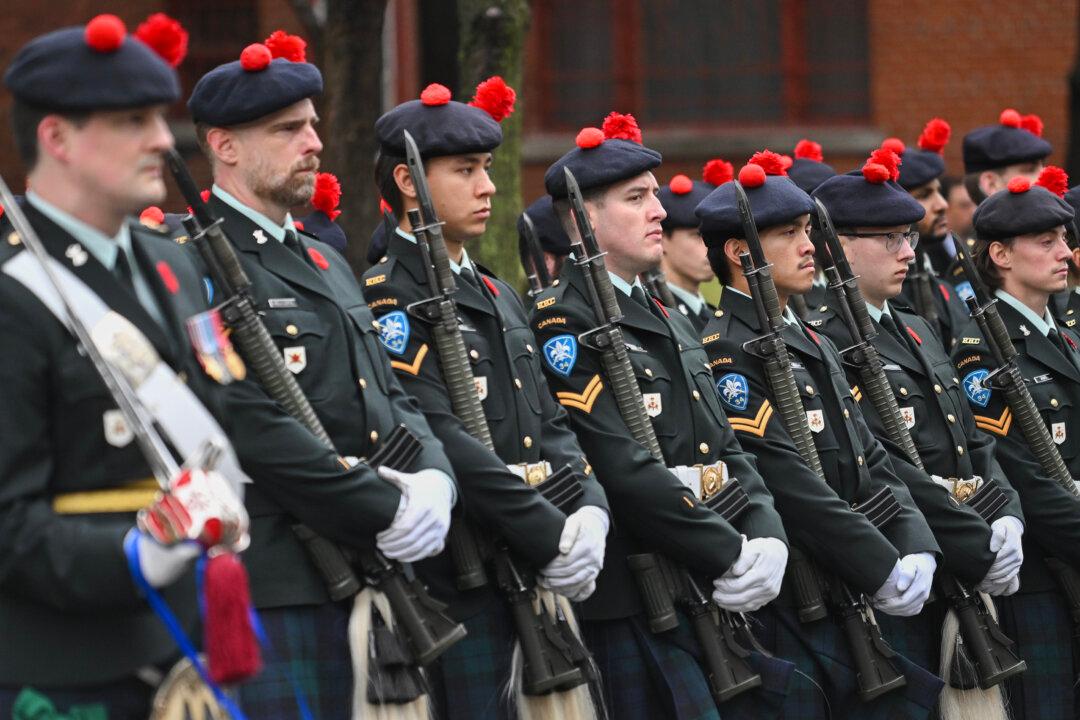Canada has made official complaints to the Chinese ambassador in regard to reports of unofficial Chinese police service stations operating in Canada, a senior official from the foreign affairs department told MPs.
“We’ve had several engagements. We’ve called the ambassador in on multiple occasions, and we’ve conveyed our deep concern,” he said.
“The Government of Canada has formally insisted that the Chinese government take account for—including the ambassador and his embassy—for any activities within Canada, that fall outside of the Vienna Conventions, and account for those, and ensure that they cease and desist.”
Conservative MP Raquel Dancho also asked Epp if Global Affairs Canada had reviewed the credentials of the diplomats from China to see if they are involved with any alleged police stations in Canada. Epp said he was not at liberty to answer that question, as investigations remain ongoing.
The Chinese embassy in Canada has acknowledged the existence of the police service stations in response to a CBC News inquiry but said the stations are used to provide Chinese citizens living abroad with services such as driver’s licence renewal, and that the service centres are needed to perform eyesight and hearing examinations.
The embassy said the stations are staffed by volunteers, who are “not Chinese police officers” and are “not involved in any criminal investigation or relevant activity.”
Safeguard Defenders said in its report that the police service stations, dubbed “110 overseas”—named after the 110 police emergency phone number in China—serve a more “sinister goal” in bolstering a Chinese official campaign that appears to fight telecommunication fraud, but also targets non-suspects and dissidents fleeing Beijing’s religious and/or ethnic persecution.The Chinese authorities have touted the success of the campaign that they say have “persuaded” up to 230,000 Chinese nationals to “voluntarily” return to China to face criminal proceedings between April 2021 and July 2022, according to the report.





